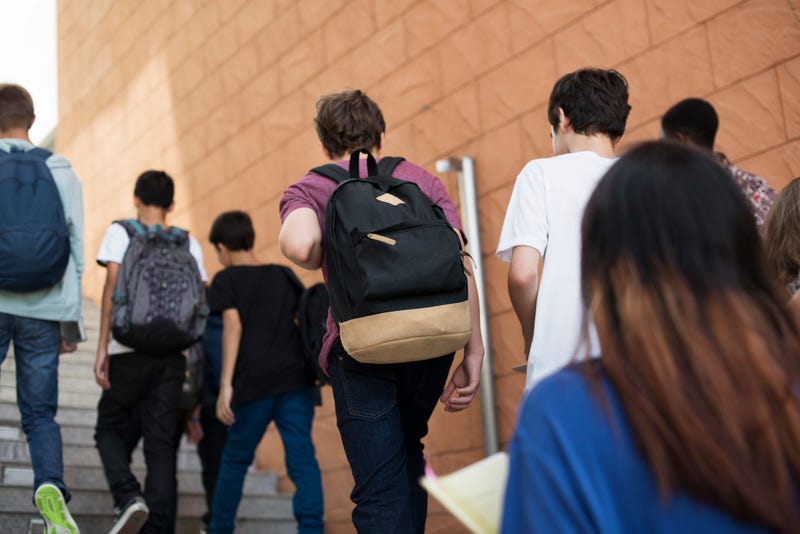
Hamburg, N.Y. (WBEN) - "I have real mixed emotions today. There's nothing like the first day of school, but it's tragic that we have to have this conversation when these things happen."
Hamburg School Superintendent Michael Cornell joined WBEN on Thursday, just one day after the latest school shooting outside of Atlanta, Georgia.
Cornell says so much of what educators do is making sure that schools are safe. He says two things come to mind when it comes to school shootings.
"You have to harden the target, and soften the environment," Cornell said.
By that, he means adding resource officers, having a police presence,
increasing physical barriers, that are seen and unseen, to make it difficult
for someone to get into schools.
"But, you also have to soften the environment. Joy, value and connection have to be a feature of every school day for every child," Cornell added.
Cornell says so many young people today suffer from loneliness and anger that comes from that. Many young people also suffer from mental illness, not just school age, but young people from 18-to-30.
"The cadence of violence in our schools and our society is likely to continue until we meaningfully address the epidemic of mental illness," Cornell said.
Does the latest school shooting change his opinion about a possible cell phone ban in school?
Reports from the Georgia shooting indicated students were texting their parents while being barricaded in their classrooms.
Cornell says he has never been a fan of a "one size fits all" approach to cell phones in school.
"I think districts have done a very good job of limiting cell phone use In grades K-through-8 cell phones are tucked away in a locker or cubby. They're not allowed to be out," Cornell noted. "At the high school we spend a lot of time teaching time and place. It's a life skill. You have to figure out time and place with cell phones and social media when they're at college or in the workplace."
Cornell has never been in favor of an outright cell phone ban for a lot of reasons, including what happened in Georgia. He notes enforcement is an entirely separate issue.
"We had a hard time for 25 or 30 years banning hats, and now we're going to try to ban cell phones?" Cornell said.
He says you're going to chase that all day long, and you're going to fray relationships between students and teachers and parents and administrators.
"I don't think the juice is worth the squeeze," Cornell added.

